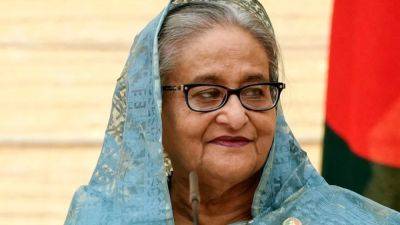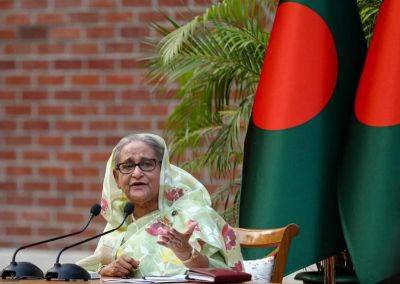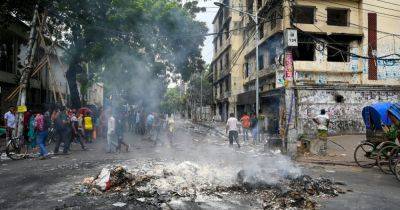After Hasina: Cautious optimism for Bangladesh’s future
The overthrow of Sheikh Hasina is a remarkable political feat for the Bangladeshi youth. However, many challenges lie ahead.
By all quantifiable measures, Bangladesh’s now deposed Prime Minister Sheikh Hasina was the most entrenched, dominant and brutal dictator the country had seen since its independence. She jailed, exiled and eliminated most of her political peers like no other ruler in South Asia’s history. She brought all the branches of the Bangladeshi state under her command with such great efficacy that at some point she became the state.
Yet, a leaderless movement of college students challenged her with marches with pre-announced dates and venues. In a matter of weeks, these young revolutionaries drew the nation with them into the streets to the point that Hasina had to catch a helicopter to flee. They achieved something that established political rivals of the former prime minister had tried for over a decade but failed consistently.
While the young revolutionaries and their supporters have much cause to celebrate, the road ahead for the country will not be without challenges.
The beginning of the end for Hasina came as a group of young people started making demands for the removal of an unfair quota system in the distribution of civil service jobs, which was essentially giving preferential treatment to the relatives of her political cronies.
In organising their protests, the students created a distributed co-leadership structure, where the leaders held the role of coordinators. They called their coalition the Students Against Discrimination movement. The coordinators came from both public and private educational institutions.
What could have been quelled with some simple promises of future reforms was







